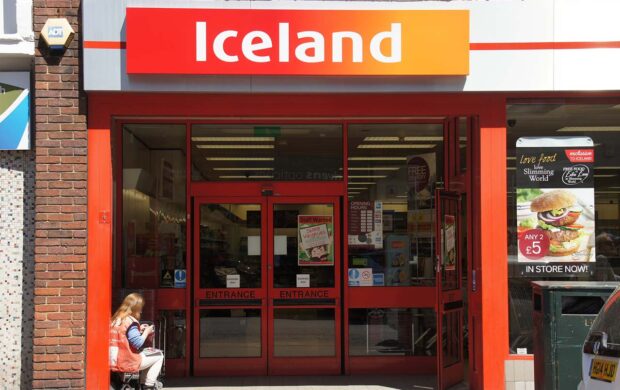American insurance group Aetna has been rewarding employees who get at least seven hours of sleep a night, in cash. Aetna’s initiative is based on an honours system where workers are trusted to manually record their own sleep cycles. While the company’s intention is to increase the wellbeing of its workforce, its motivation isn’t purely benevolent: more sleep translates into higher productivity, the logic runs.

The American Academy of Sleep Medicine estimates that the average American worker loses 11.3 working days’ worth of productivity per annum due to sleep deprivation related problems. This amounts to $2,280 per worker, or a staggering $63.2bn for the whole US economy. Guaranteeing optimum worker cognitive function is also an efficient and cheap way to increase output. Many companies have already been attempting to softly micro-manage workers’ social lives with the intent of promoting social wellbeing. Numerous organisations run health benefit schemes, incentivising workers to take regular exercise or to stop smoking, remunerating them with subsidised cinema tickets and other such bonuses. We could see sleep rewarded more regularly in the future.
There are also direct health benefits. University of California, San Francisco (UCSF) researchers recently revealed that less than six hours of sleep a night weaken a person significantly to the point where they are four times more likely to catch a cold when exposed to a virus, when compared to someone who sleeps the recommended amount.








